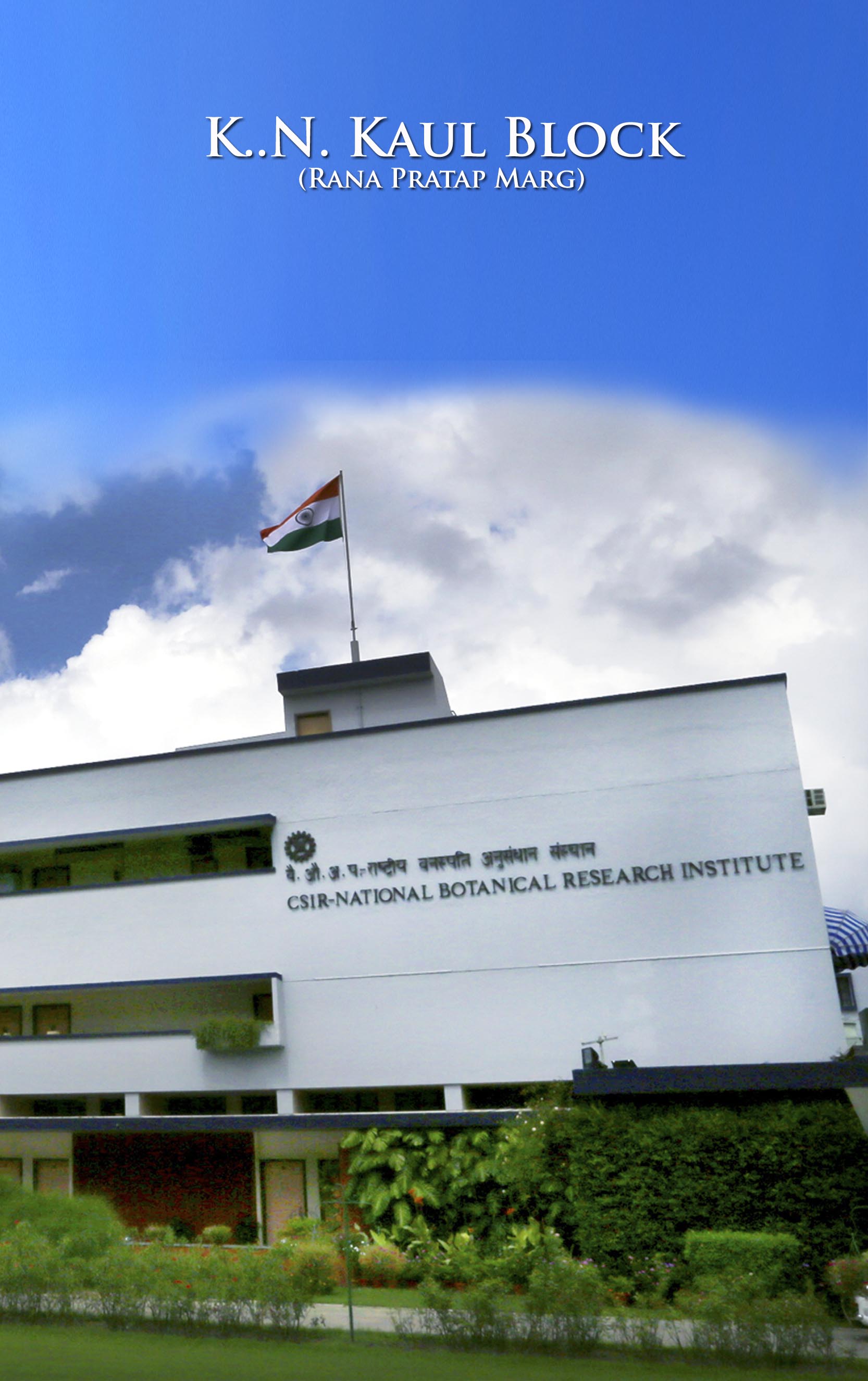
CSIR-National Botanical Research Institute is a premier Institute of the country in the area of Herbal Products Research with the expertise in pharmacognosy, ethnopharmacology and Phytochemistry needed for herbal product and drug development.It adopts an integrated approach that blends the best of the traditional medicine with the most modern scientific knowledge and expertise, tools and technology. It can play a vital role in promoting ASU products and drugs and also in development of new products/drugs /new chemical entities. Varieties of industrially important medicinal plants with desired chemoprofiles and for production of therapeutic phytochemicals.Metabolomics of medicinally and economically important plants for the development of herbal technologies.The novel drug delivery using nanotechnology is also explored in order to improve bioavailability and therapeutic efficacy of the drug phytomolecules. Application of carbohydrates, gums and herbal colours in personal care, foods, cosmetics and textiles. It also supports formulation related preclinical (mouse and rats) studies for the herbal product/drug development.
Mission and goals
